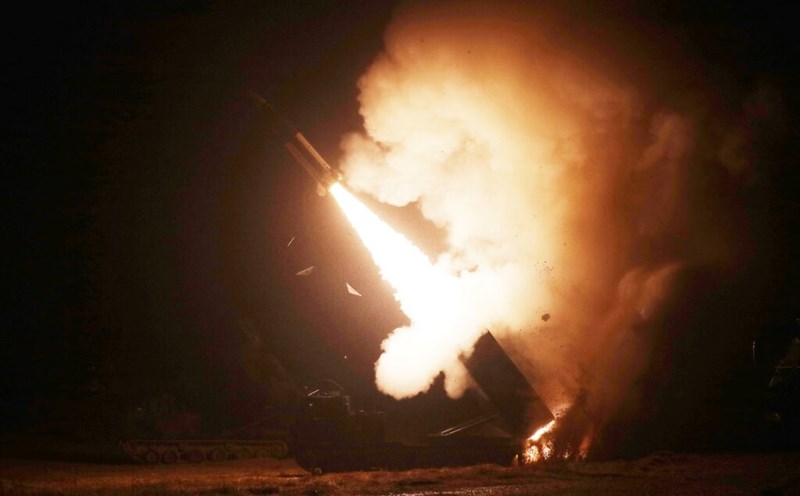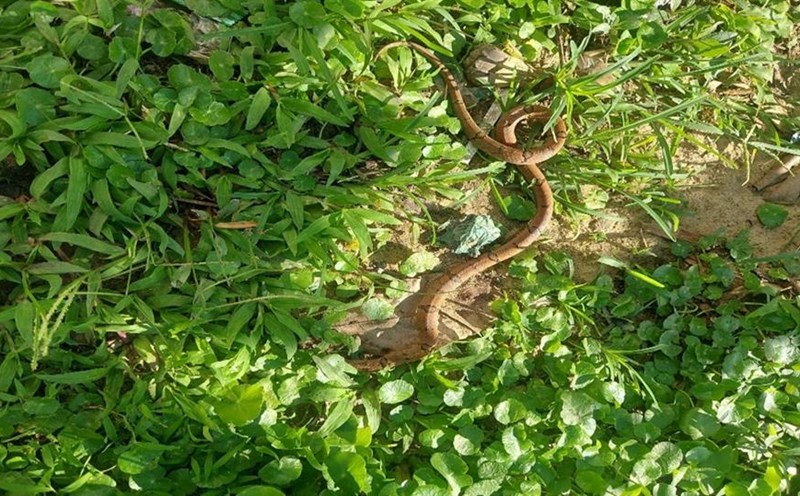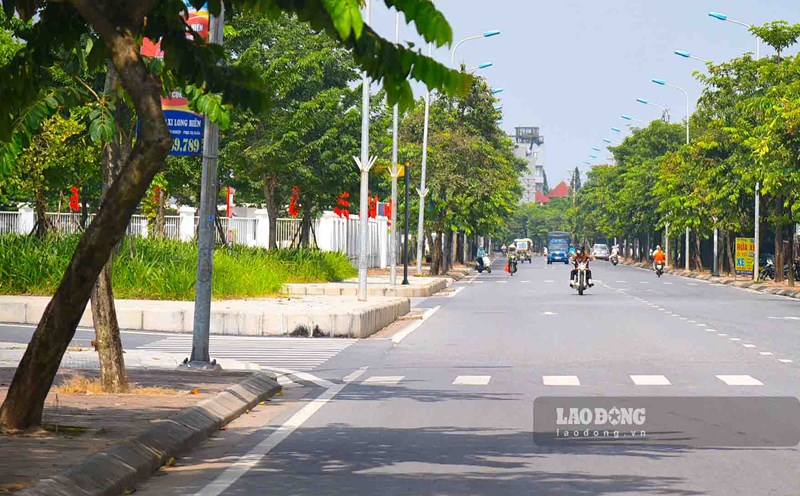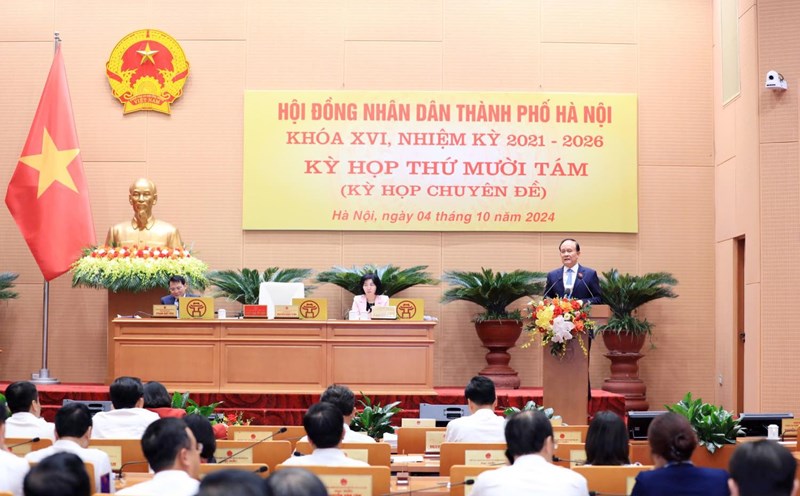The European Union cannot exist without cooperation with Russia and the BRICS countries, Deputy Speaker of the Federation Council (the upper house of the Russian parliament), Konstantin Kosachev, said in an interview with RT. Kosachev also noted that the EU needs Russia more than Russia needs the EU.
The Deputy Speaker of the Russian Senate said that the sanctions imposed on Russia create significant obstacles to any real cooperation with the EU.
The European Union has imposed 14 rounds of sanctions on Russia after the Ukraine conflict escalated in February 2022. The measures target the Russian Central Bank's foreign reserves, major Russian banks, many companies, businessmen, politicians and officials, along with bans on many imports and exports.
Russia's Foreign Ministry condemned the sanctions as illegal, while President Vladimir Putin described them as unjustified.
Lifting these sanctions would require a consensus among EU states, and even if a majority supported their removal, dissent from just a few countries could derail such an initiative, Kosachev pointed out.
Mr. Kosachev concluded that the EU was stuck in a "self-imposed bind", which was not in the EU's interests.
"The EU is in a trap. And this is not in the interests of the European Union," the deputy speaker of the Federation Council stressed. Although he believes that Russia will continue to develop independently of the EU, he asserted that the EU's survival depends on its cooperation with Russia and other BRICS countries.
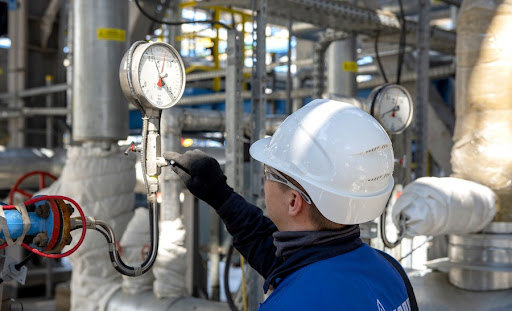
In early November, President Vladimir Putin declared that Western efforts to isolate Russia economically and politically had ultimately failed.
Russian Deputy Foreign Minister Aleksandr Grushko said that the total damage from the EU's imposition of sanctions on Russia and restrictions on its economic activity is believed to be around $1.5 trillion, according to "the most conservative estimates".
According to some EU countries, the sanctions have hurt the bloc more than Russia. Hungarian Prime Minister Viktor Orban warned that the EU's sanctions policy needs to be reviewed or risk destroying the European economy.
Meanwhile, the BRICS 2024 summit held last October in Kazan – the first since the group expanded to include Egypt, Iran, Ethiopia and the United Arab Emirates – highlighted that Russia remains globally connected despite Western sanctions.
Delegations from 35 countries attended the 2024 BRICS summit. More than 30 countries, including NATO member Türkiye, have expressed interest in joining BRICS. BRICS currently accounts for about 37.3% of global GDP compared to 14.5% for the EU.



